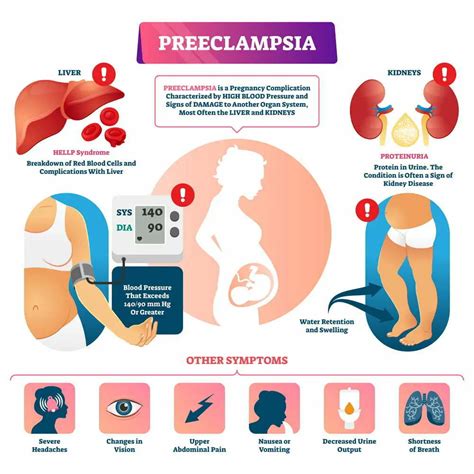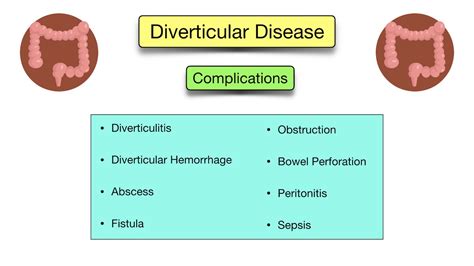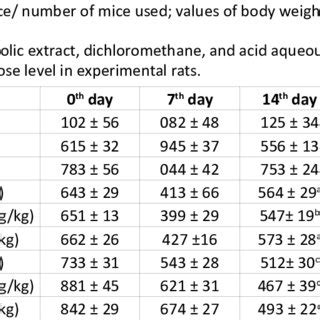Intro
Hellp syndrome is a serious and potentially life-threatening complication that can occur during pregnancy, typically in its later stages. It is characterized by the breakdown of red blood cells, elevation of liver enzymes, and a low platelet count. This condition is often considered a variant of preeclampsia, a pregnancy complication marked by high blood pressure and damage to organs such as the liver and kidneys. Understanding Hellp syndrome is crucial for pregnant individuals and their healthcare providers to ensure timely recognition and management of the condition, which can significantly improve outcomes for both mother and baby.
The name "Hellp" is an acronym that stands for Hemolysis, Elevated Liver enzymes, and Low Platelet count, which are the key features of the syndrome. Hemolysis refers to the destruction of red blood cells, which can lead to a decrease in the amount of red blood cells and hemoglobin in the blood. Elevated liver enzymes indicate liver damage or stress, which can impair the liver's ability to perform its vital functions. A low platelet count, also known as thrombocytopenia, can affect blood clotting and increase the risk of bleeding.
Hellp syndrome can present with a range of symptoms, including abdominal pain, nausea and vomiting, headaches, and in some cases, no symptoms at all. The absence of noticeable symptoms can make early detection challenging, emphasizing the importance of regular prenatal care and monitoring. If left untreated, Hellp syndrome can lead to severe complications, such as placental abruption, where the placenta separates from the uterus, and disseminated intravascular coagulation (DIC), a condition characterized by both widespread clotting and bleeding in the vascular system.
Understanding the Causes and Risk Factors

The exact cause of Hellp syndrome is not fully understood, but it is believed to be related to the abnormal development of the placenta and the resulting damage to the blood vessels. This can lead to the release of substances that cause the blood vessels to constrict, reducing blood flow to various organs, including the liver, kidneys, and brain. Risk factors for developing Hellp syndrome include a history of preeclampsia, multiple pregnancy (carrying twins, triplets, etc.), chronic hypertension, and a history of kidney disease or liver disease.
Diagnosis and Classification
The diagnosis of Hellp syndrome is based on the presence of its characteristic features: hemolysis, elevated liver enzymes, and low platelet count. Blood tests are crucial for diagnosing the condition and may include a complete blood count (CBC) to assess platelet count and detect signs of hemolysis, liver function tests to evaluate liver enzyme levels, and tests for liver damage. The classification of Hellp syndrome can vary, but it is often categorized into different classes based on the severity of the symptoms and laboratory findings.Management and Treatment Options

The management of Hellp syndrome typically involves hospitalization to closely monitor the condition of the pregnant individual and the fetus. The primary goal of treatment is to stabilize the mother and prevent further complications until the baby can be safely delivered. Corticosteroids may be administered to promote fetal lung maturity in case early delivery is necessary. In severe cases, or if the condition does not improve with conservative management, delivery of the baby, either vaginally or by cesarean section, may be recommended, even if the pregnancy is preterm.
Prevention Strategies
While there are no guaranteed ways to prevent Hellp syndrome, maintaining good health during pregnancy through a balanced diet, regular prenatal care, and managing any pre-existing medical conditions can help reduce the risk. Pregnant individuals should be aware of the signs and symptoms of Hellp syndrome and seek immediate medical attention if they experience any concerning symptoms.Complications and Long-Term Effects

Hellp syndrome can lead to several complications for both the mother and the baby. Maternal complications may include placental abruption, DIC, acute renal failure, liver hemorrhage, and pulmonary edema. Fetal complications can arise due to preterm birth, growth restriction, and decreased oxygen supply. Long-term effects for mothers who have had Hellp syndrome may include an increased risk of developing hypertension and kidney disease later in life.
Support and Recovery
Recovery from Hellp syndrome can be a challenging and lengthy process. Support from healthcare providers, family, and friends is crucial for pregnant individuals dealing with the physical and emotional impacts of the condition. In some cases, counseling may be beneficial to address any anxiety or depression related to the experience.Current Research and Future Directions

Ongoing research into the causes and mechanisms of Hellp syndrome aims to improve our understanding of the condition and develop more effective management strategies. Studies are exploring the role of genetic factors, placental development, and immune system dysregulation in the pathogenesis of Hellp syndrome. Future directions may include the development of new diagnostic markers for early detection and novel therapeutic approaches to prevent complications and improve outcomes for affected individuals.
Global Perspectives and Awareness
Hellp syndrome is a global health issue, affecting pregnant individuals from diverse backgrounds. Raising awareness about the condition, its symptoms, and its implications is essential for promoting early recognition and timely intervention. Healthcare providers play a critical role in educating patients and their families about Hellp syndrome and in advocating for resources and support for those affected.What are the primary symptoms of Hellp syndrome?
+The primary symptoms of Hellp syndrome include abdominal pain, nausea and vomiting, headaches, and in some cases, no noticeable symptoms at all.
How is Hellp syndrome diagnosed?
+Hellp syndrome is diagnosed based on the presence of hemolysis, elevated liver enzymes, and low platelet count, which are determined through blood tests.
What are the potential complications of Hellp syndrome for the mother and the baby?
+Potential complications for the mother include placental abruption, DIC, acute renal failure, liver hemorrhage, and pulmonary edema. For the baby, complications can arise due to preterm birth, growth restriction, and decreased oxygen supply.
As we continue to learn more about Hellp syndrome, it is essential for pregnant individuals and their healthcare providers to be vigilant about recognizing its signs and symptoms. By promoting awareness, supporting research, and ensuring access to quality prenatal care, we can work towards improving outcomes for those affected by this condition. If you or someone you know has experienced Hellp syndrome, sharing your story and seeking support from healthcare professionals and support groups can be an important step in the healing process. Remember, early detection and proper management are key to navigating the challenges of Hellp syndrome and ensuring the best possible outcomes for both mother and baby.
